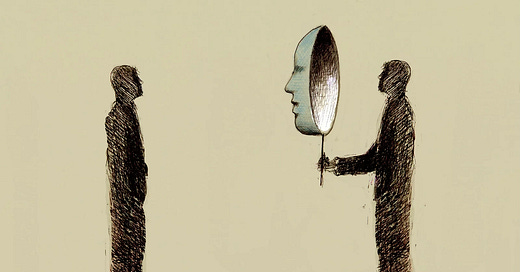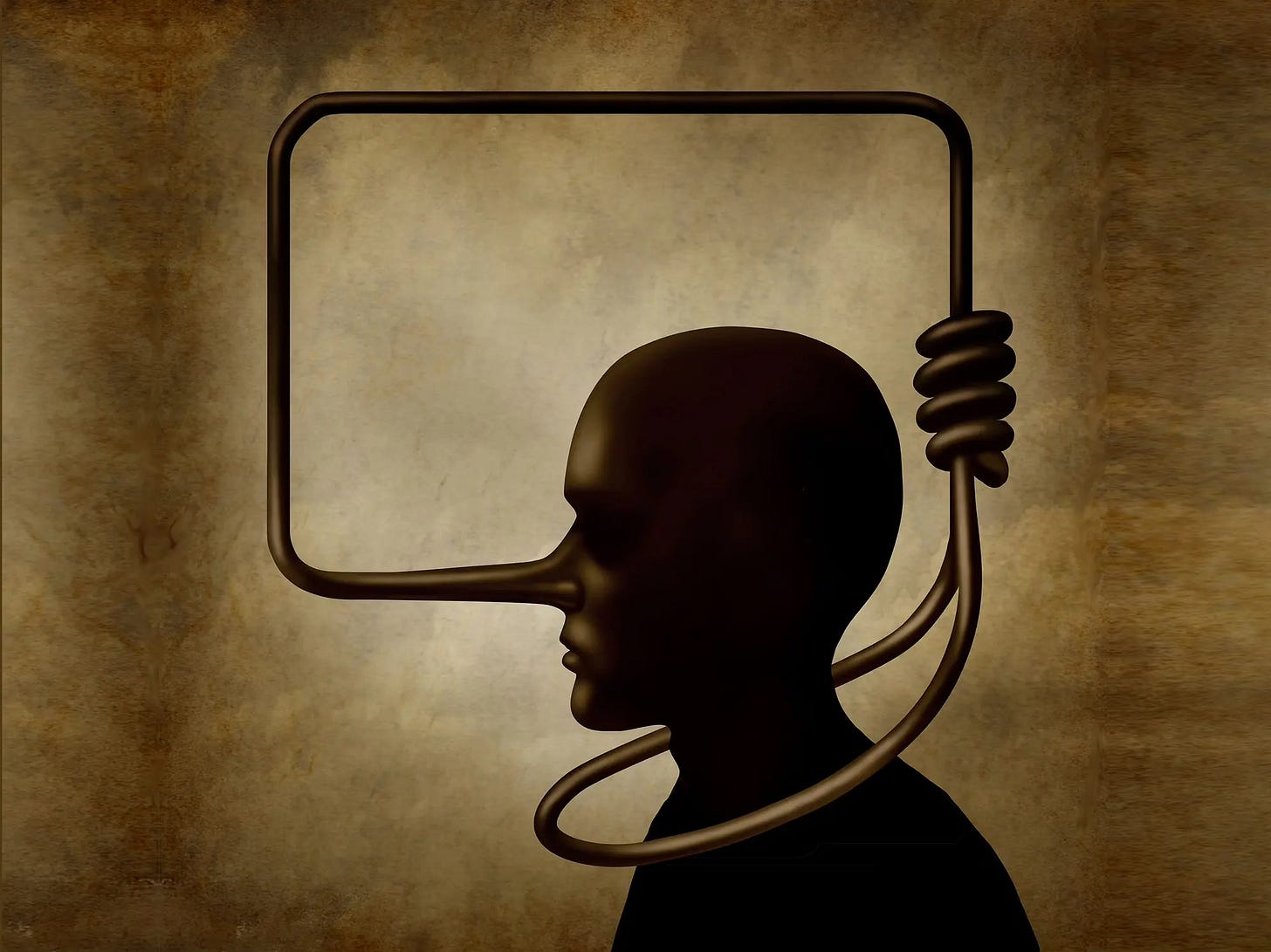“Thoroughly unprepared, we take the step into the afternoon of life. Worse still, we take this step with the false presupposition that our truths and our ideals will serve us hitherto. But we cannot live the afternoon of life according to the program of life’s morning, for what was great in the morning will be little at evening and what in the morning was true, at evening will have become a lie.” ~ Carl Jung
This past weekend I attended the last module for my Jungian coaching course and among many other exercises, we did an exercise in which we were supposed to interview each other, using only open ended questions, and we could ask anything we wanted the other person, about any topic we chose. And the person who is answering must lie, they must not tell the truth. A fellow student asked me what is it that I do for living and I said that I am a high school teacher. She continued to probe more about my profession, and, among other things, she asked me what does my work look like. I shared that what I do in my day-to-day activities as a teacher is improvise. I don’t prepare for the classes, I don’t follow any specific and pre-approved agenda/curriculum - I simply do what I feel should be done and I play it by ear.
During the debrief period afterwards, I have realized that this was not necessarily a lie and that there’s a lot of truth in it, actually. Improvisation is a quality that I carry since the very young age - sometimes I would feel embarrassed and ashamed of it, since it would mean that I am not being prepared for something, and instead I am just winging it. Other times, I would be proud of having this quality in me and I would embrace it, and see it as very useful in life. Overall, this is a quality I was forced to develop growing up, for whatever reason.
You are probably familiar with the saying that in every lie there is a grain of truth. I have always wondered about this and what it really meant. Understanding depth psychology and Jungian work, helps us in recognizing a shadow character in situations when we lie. Lying is more difficult than it seems. On a level of personal values, it is very difficult to lie. In our lie, we may attempt to express a different attitude towards a certain value, but, in the end, we still are expressing our values in a way. This is a shadow figure, that part of us that we judge, and that we don’t want to appear in the foreground.
Carl Jung would ascribe our need for lying to concepts of persona and shadow. Persona is the "mask" we wear in the outer world, the outer presentation of ourselves (of a desired self). Jung argued that persona is part of the collective unconscious - a system of beliefs, behaviors, thoughts, and actions - influenced through biology, culture, society, and psychology of all people. Shadow is the repressed self (often covered with shame) - “the thing a person has no wish to be”. In my earlier example, improvising character is that part of myself that I choose to not see or not accept and integrate, and which encompasses the aspects of the self that often remains unconscious. At the same time, improvisation is often seen as an irresponsible act, that lacks depth, planning and preparation, and one’s persona might wish not to be associated with it in the outside world.
“Even a lie is a psychic fact.” ~ Carl Jung
If you go back to the last time you lied, and explore the shadow character that showed up in that situation - what can you learn from it? Are you able to recognize that this character has a certain purpose and carries some value for you, a message of a kind? It is a shadow side of a kind - be it positive or a negative one. In order to identify its presence in our daily lives, we must practice being fully present in the moment and engage with all our experiences - particularly those we may find uncomfortable, undesirable or painful. When brought into our conscious awareness, and only then, the shadow contributes to our wholeness and can be integrated.
So, going back to my personal example from earlier, part of me embraces the quality and ability to improvise in life, and sees value in it, and the other part feels shame around it and sees it as an easy way out, especially when it comes to academic achievements and things that require depth and studiousness, or even just planning and setting goals in life. If I decide that I don’t like that “negative” aspect of this shadow, it doesn't mean that it won’t show up again in my behavioral repertoire - quite the opposite. I will most likely continue judging it when I see it in others, and will continue being ashamed of it when it shows up in myself.
According to James Hollis, widely established Jungian psychoanalyst, the same strategies that guard us and protect us from the shadow - avoidance, control, and compliance - also separate and distance us from our fears. This, in turn, obstructs our ability to fully engage with the present situations and embrace the experiences that lie along our path. We end up not living life with all that is giving us, but rather always wishing for things to be different and trying to manipulate the course of the universe. Lying and deception is an essential part of such lifestyle.
Lying affects the very foundation of all parties involved - including the true self. It is a strike on our understanding of reality. Lying is also a coping skill and defense mechanism used to reduce anxiety that we feel by avoiding negatively perceived reactions from the receiving party. There are several possible motivations for lying - the most common being to avoid shame (related to the shadow), to deceive and cause harm, and to protect the other from feeling shame and being hurt. When we feel shame, the natural response is to cover and shield ourselves; to hide our true self from the world (this is what we do with the shadow characters). Sometimes lying takes place to raise one's reputation compared to others. And, often, people chose to lie in order to lessen the anxiety of the other party, or to offer them hope. Here, the person who lies may seem to have good intentions; however, it still is a false hope that is given to the other, and in the end can cause more harm to the receiver. Most fascinating to me, however, is the ability of all humans to deceive and lie to themselves.
“Above all, avoid lies, all lies, especially the lie to yourself. Keep watch on your own lie and examine it every hour, every minute. And avoid contempt, both of others and of yourself: what seems bad to you in yourself is purified by the very fact that you have noticed it in yourself. And avoid fear, though fear is simply the consequence of every lie. Never be frightened at your own faintheartedness in attaining love, and meanwhile do not even be very frightened by your own bad acts.” ~ Fyodor Dostoyevsky, The Brothers Karamazov
We, humans, are masters of self-deception. We trick ourselves into believing things that are untrue and reject to believe things that are true. We lie to ourselves about all possible things - from unimportant details, our goals, motivations, social ideals, to our most important life choices (like choice of romantic partners or career). We lie to ourselves because we don’t have the strength (or courage) to admit the truth to ourselves (and others), and deal with the consequences. Most often we lie to ourselves because it is one of the most effective defensive mechanisms against painful thoughts, emotions, and beliefs - things like sense of personal inadequacy, feelings of inferiority, self-loathing, guilt, or shame. Self-deception helps us escape these difficult sensations. Understanding our self-deception and all the ways in which we lie to ourselves, as well as integrating it into our complete whole being, is the most effective way of living a fulfilling life.
All of us take the easy way out from time to time, but if self-deception becomes long-standing and the central way we deal with mental or emotional pain, we are stepping onto a path that can easily destroy our life. As each lie we tell ourselves to escape awareness of the existence of a problem, is a step taken away from the path of self-development, growth and becoming whole. Each time we deceive ourselves to diminish the uncomfortable feelings, our problems and difficulties go unresolved, and we set ourselves up for greater suffering down the line as we continue our life with a lack of self awareness and consciousness.
Persistent lying most likely will block our ability to even see our mistakes, let alone correct them and learn from them. It deforms reality, keeping us from getting all the information we need and evaluating issues clearly and with discernment. It extends and broadens divisions and disconnections between friends, families, lovers, partners, and, even, nations. It keeps us from letting go of unhealthy habits.
“... you must look at who you are and make an effort to know yourself, which is the most difficult knowledge one can imagine. When you know yourself, you will not puff yourself up like the frog who wanted to be the equal of the ox... ” ~ Don Quixote, Miguel de Cervantes
As always, I am grateful for your subscription!
If you feel inspired or moved, if you feel seen or heard, if you can relate or you simply find these offerings useful in your own life - you can offer me a tip! PayPal me or Venmo me. You can also upgrade your subscription to a paid membership. Until next time!
Stay safe. Marina








Hi Maki. I didn’t want to DM without permission but was wondering if you’ve ever heard Timothy Owen Desmond talk about the connection between Carl Jung and Holographic String Theory. It’ll blow your mind!! It would seem our old friend Jung may have been closer to the truth of not only the psycological and spiritual worlds, but the quantum physical world as well. I heard him on the Sounds of Sand podcast. Check it out!! 🙏
This was excellent!! So important!! Self deception is ruining our society. Thanks for going there and bringing Jung. I truely believe Jung gave us the map out of this systemic lie!! 🙏